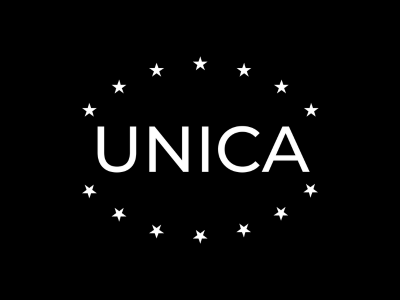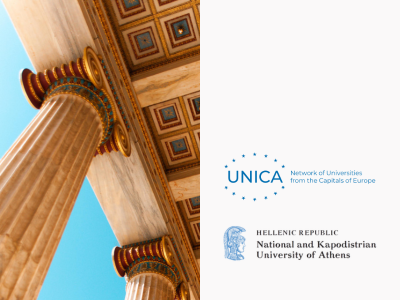Upcoming events
Latest news
-
04 Jun 2025

UNICA is attending the European Youth Event 2025 with students from member universities
From UNICA
-
03 Jun 2025

News from UNICA | May 2025: Is there Science without the Humanities?
Newsletters
-
20 May 2025

Support better student mobility: encourage students to complete the ESNsurvey XVI!
From partners
-
20 May 2025

Seminar on Micro-Credentials in the EU Ecosystem, co-organised by the University of Ljubljana | Brussels, 27 May
From our Members
-
14 May 2025

One step closer to the European Degree: Council of the EU approves 2 keys texts for the future of European Higher Education
From UNICA
-
08 May 2025

Message on the attack on the campus of the University of Warsaw
From UNICA




 Co-funded by the European Union. Views and opinions expressed are however those of the authors only and do not necessarily reflect those of the European Union or the European Education and Culture Executive Agency (EACEA). Neither the European Union nor the granting authority can be held responsible for them.
Co-funded by the European Union. Views and opinions expressed are however those of the authors only and do not necessarily reflect those of the European Union or the European Education and Culture Executive Agency (EACEA). Neither the European Union nor the granting authority can be held responsible for them.